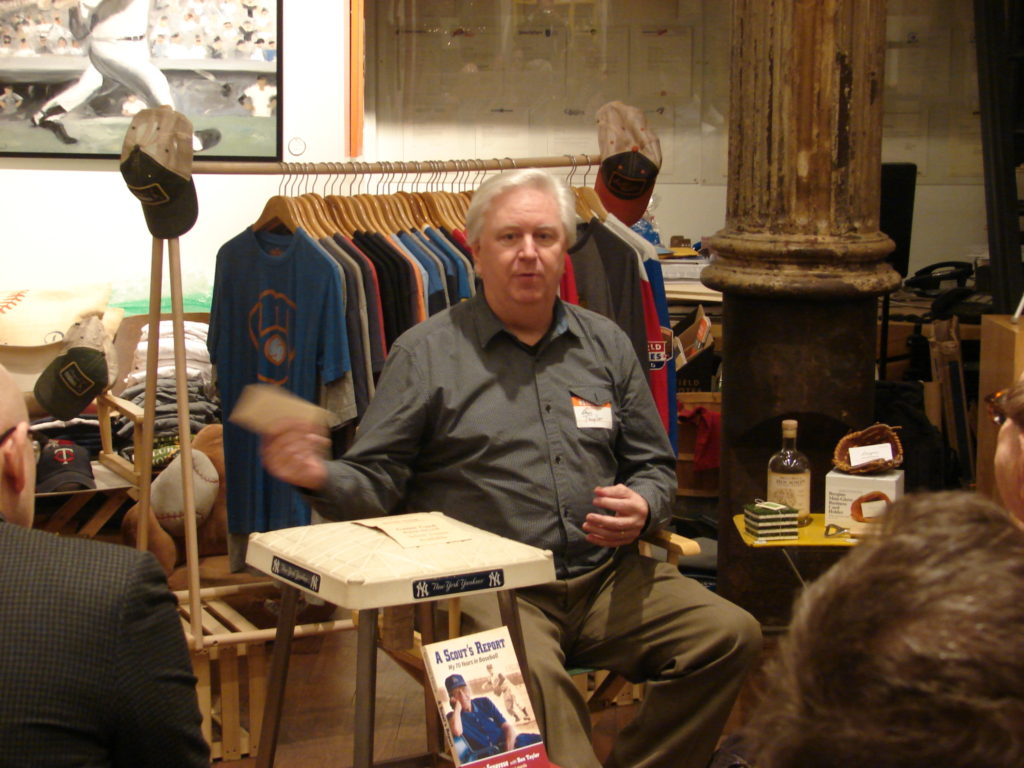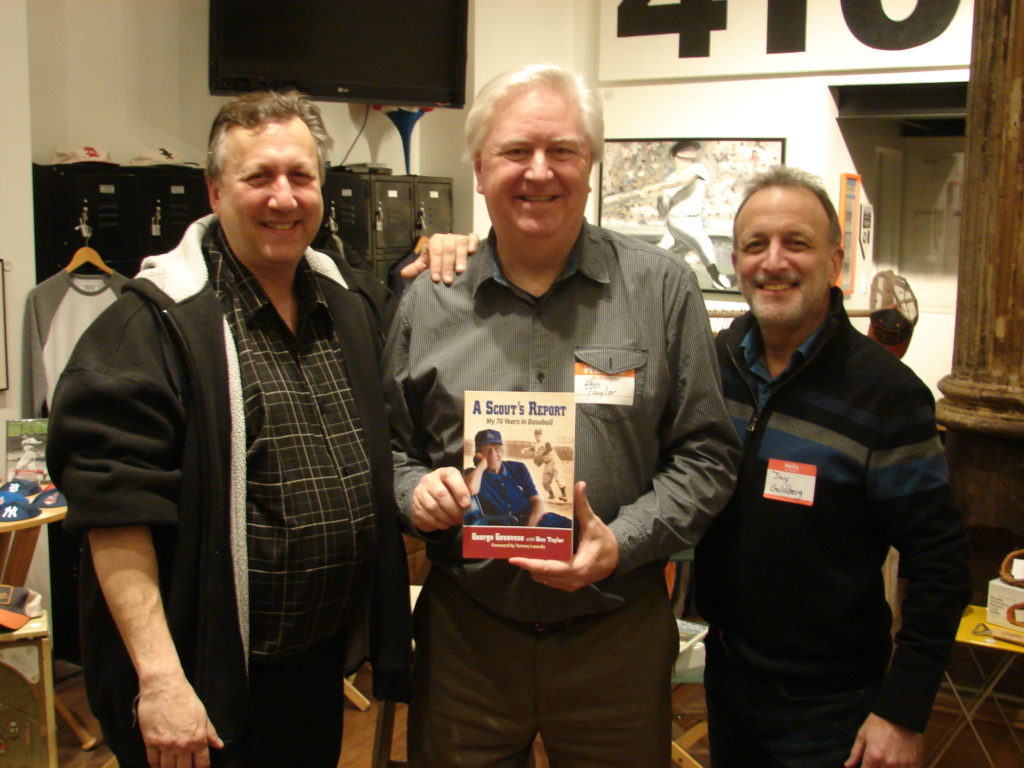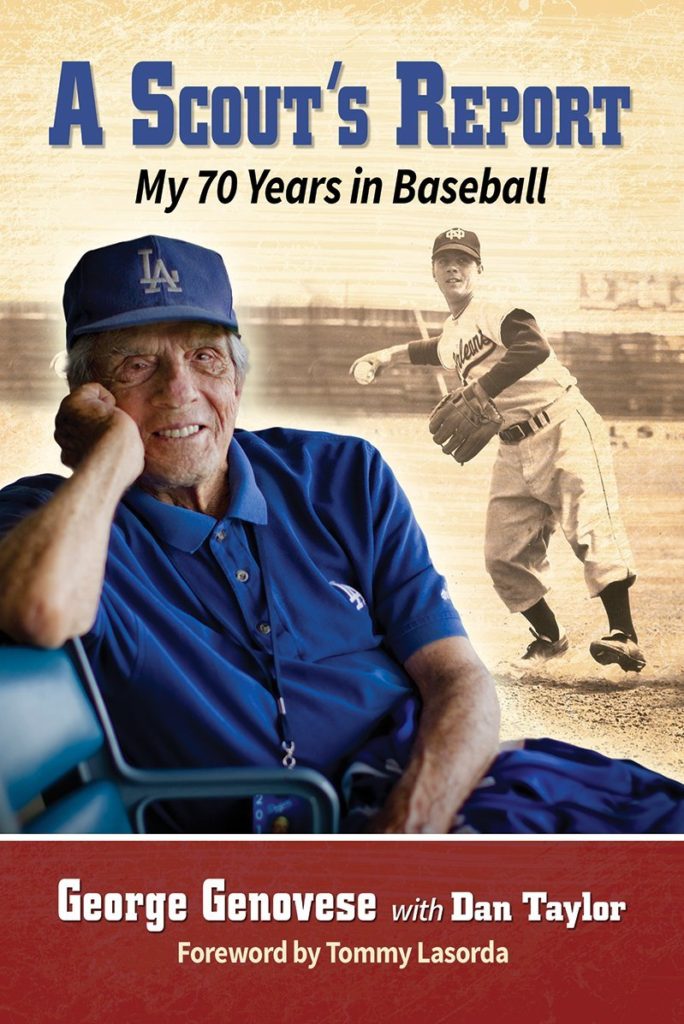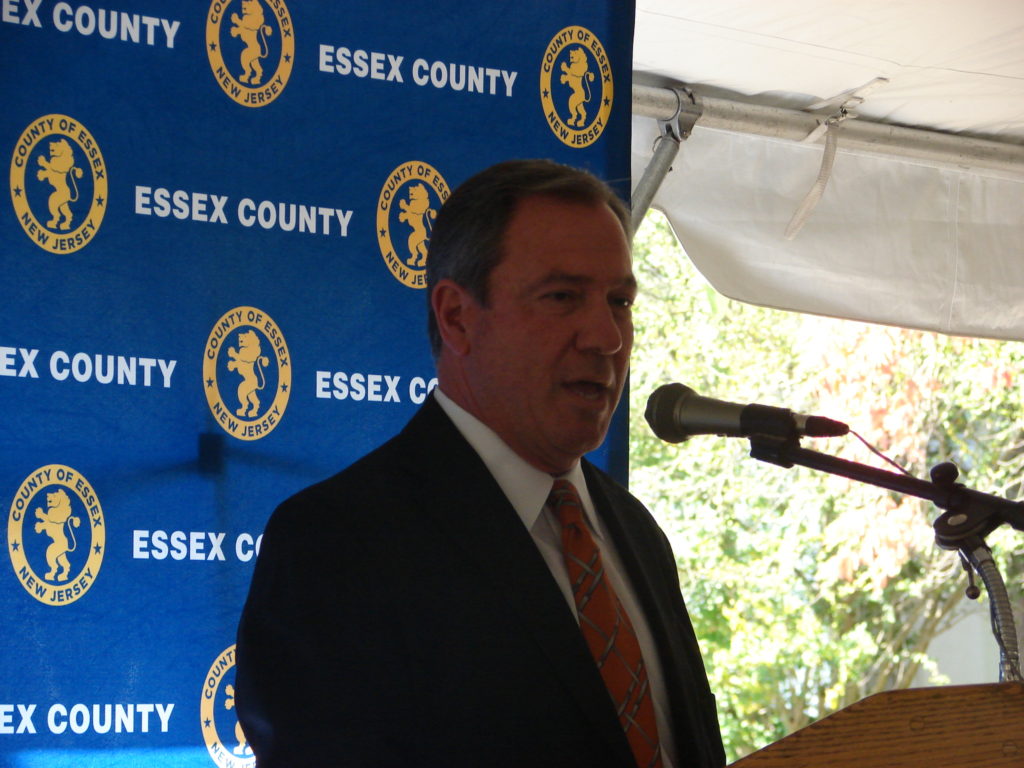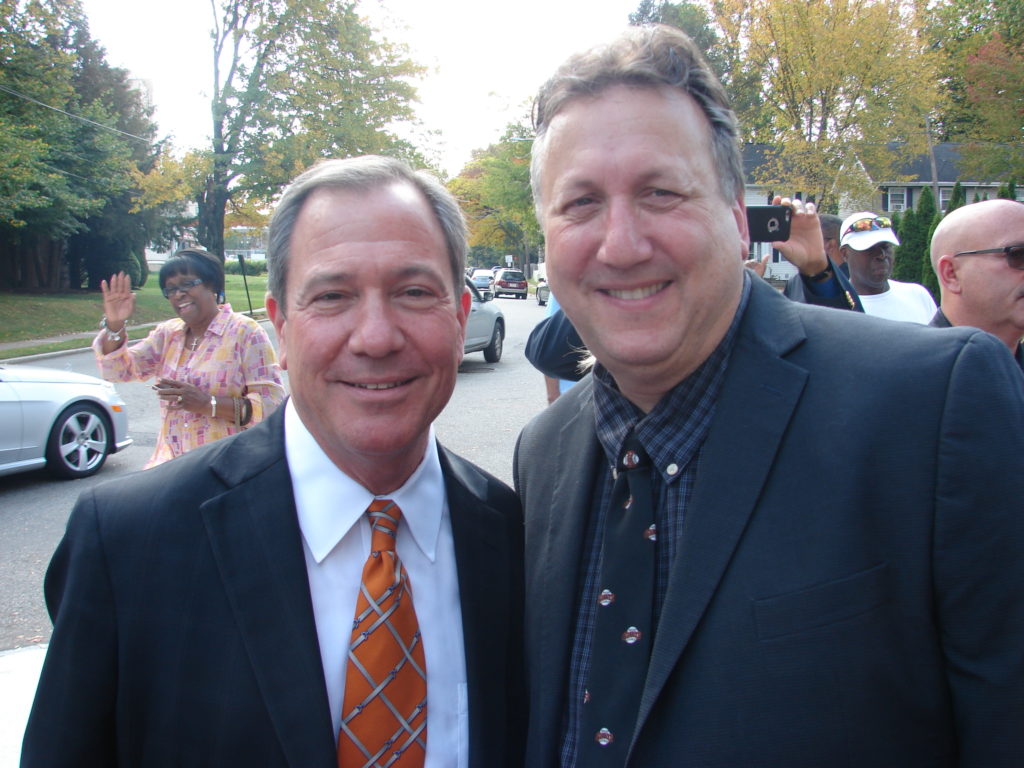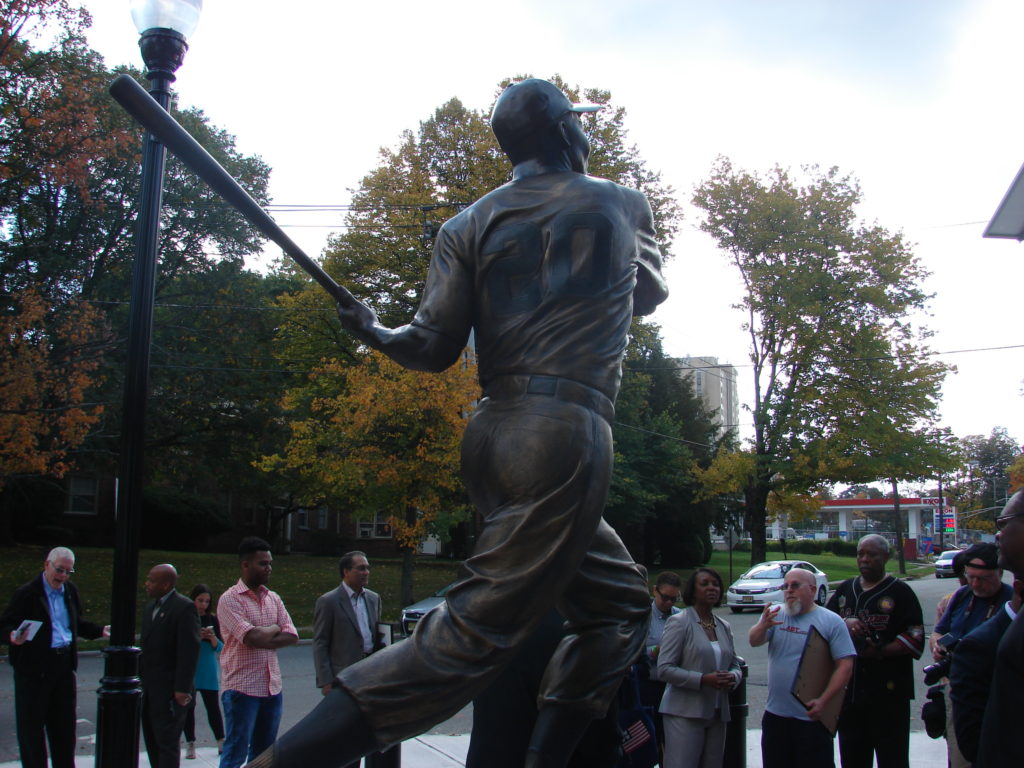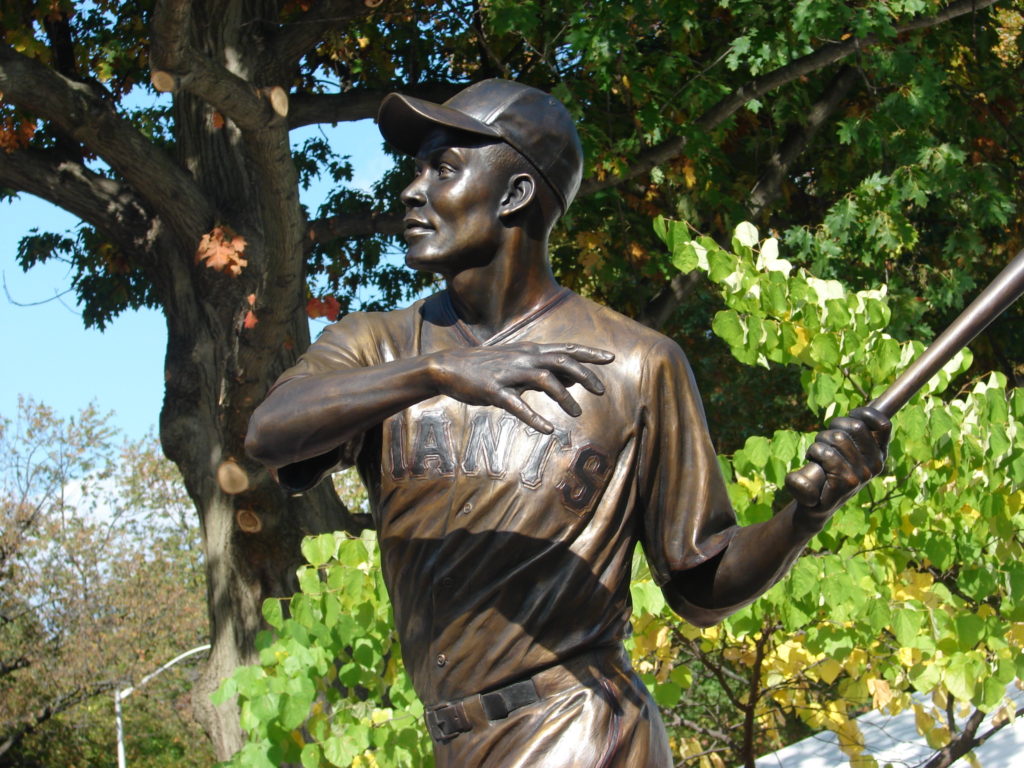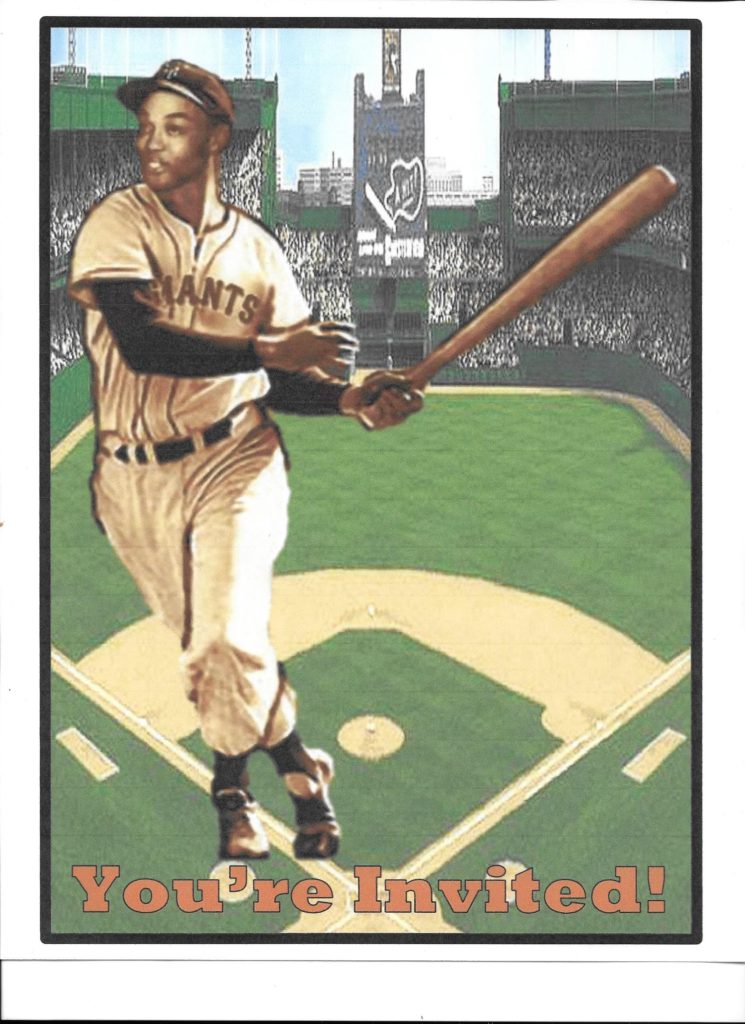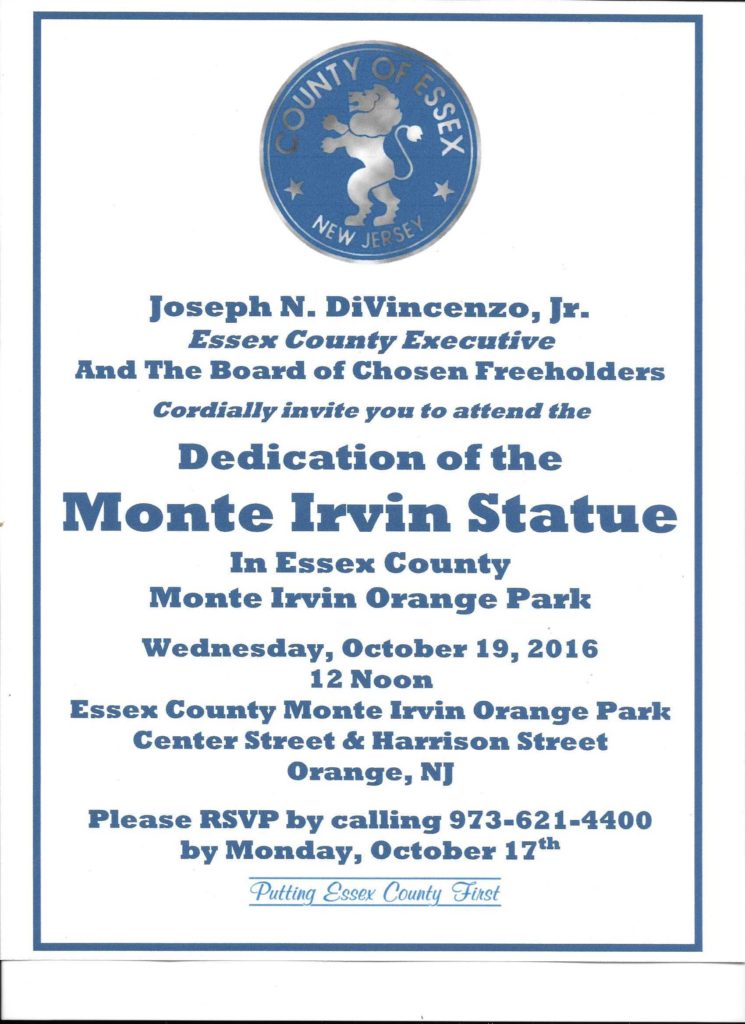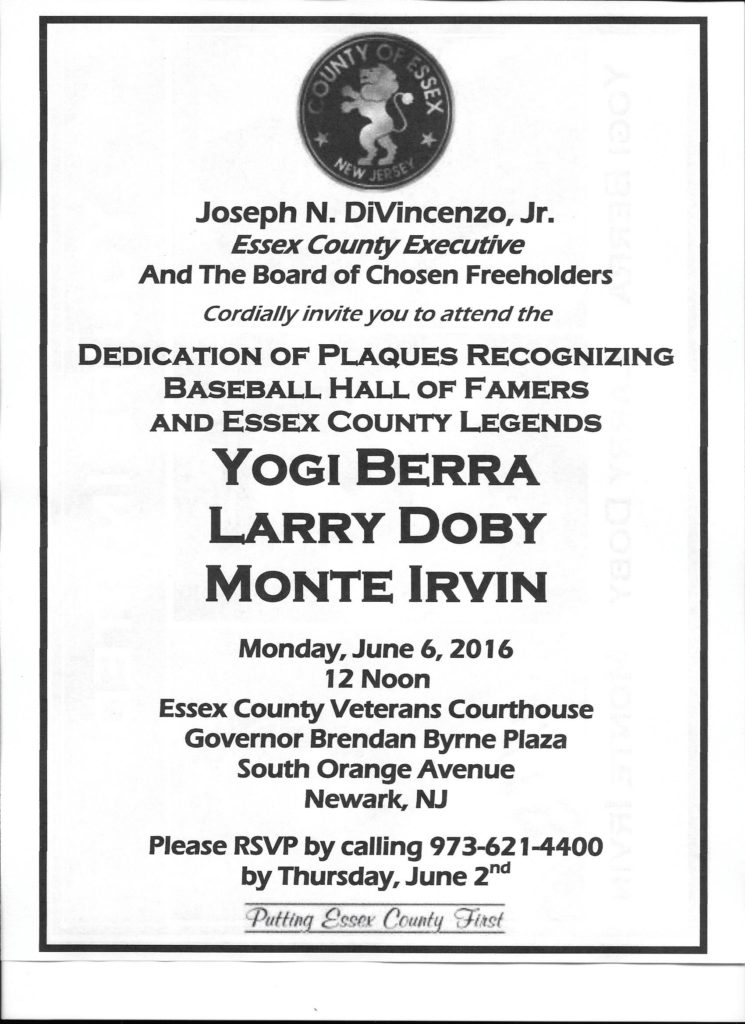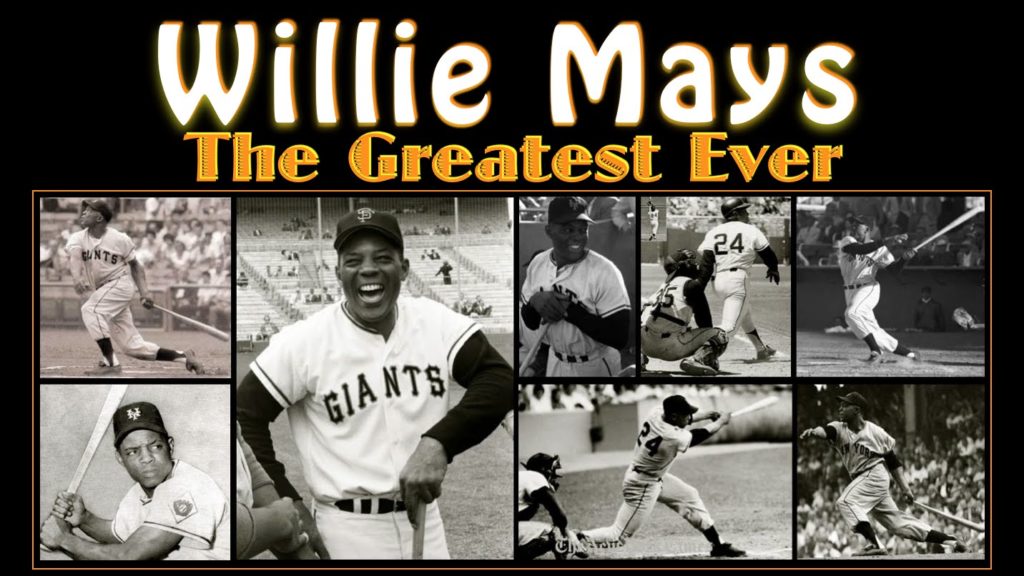MYSTERY OF THE POLO GROUNDS-
By Bill Francis (a Library Associate at the National Baseball Hall of Fame and Museum) This article was in the Memories and Dreams Magazine published by the National Baseball Hall of Fame and Museum, Opening Day 2017. Thanks for sharing this Bill!!
“Monument to Eddie Grant graced the Giants’ home for decades before going missing after the team left for San Francisco.”
Big league third baseman Eddie Grant’s death took place almost 100 years ago, one of the thousands of United States casualties in the war to end all wars. Today, a missing plaque honoring his sacrifice remains one of the game’s most enduring unsolved mysteries.
Grant, nicknamed “Harvard Eddie” because he was one of the few ballplayers of the time who had attended college, spent 10 years in the majors, making his big league debut with the Cleveland Naps in 1905, then splitting the seasons between 1907 and 1915 with the Philadelphia Phillies, Cincinnati Reds and New York Giants. Steadier with the glove than the bat, the Massachusetts native ended his career with a .249 batting average.
But it was his selfless character that distinguished Grant in the game of life. Prior to the start of the 1916 season, the Harvard graduate announced he was quitting the game in order to devote more time to his law practice, first in Boston and then in New York. And while he remained part of baseball, serving as a part-time scout with the Giants, the 34-year-old Grant, past the age when he might be drafted, responded when the United States joined its allies to fight in World War I in April 1917.
“I am going to try to be an officer,” Grant wrote to a friend while attending a military training camp in Plattsburgh, N.Y. “I don’t know how much of a success I shall make of it. I had determined from the start to be in this war if it came to us, and if I am not successful as an officer I shall enlist as a private, for I believe there is no greater duty that I owe for being that which I am – an American citizen.”
By April 1918, Grant had landed in France as a captain with Company H of the 307th Infantry Regiment in the 77th Division. But only a few months later, on October 22, 1918, newspapers across America announced that Grant had died in action two weeks earlier, on October 5, the first big league ballplayer to make the supreme sacrifice for his country in the Great War in Europe. A month after Grant’s death, the armistice was signed ending World War I. Continue reading




